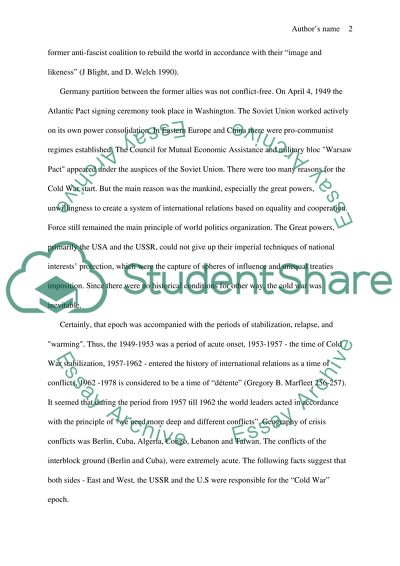Cite this document
(“Evaluate the causes, consequences and lessons from the Cuban missile Essay - 1”, n.d.)
Retrieved from https://studentshare.org/environmental-studies/1420887-evaluate-the-causes-consequences-and-lessons-from
Retrieved from https://studentshare.org/environmental-studies/1420887-evaluate-the-causes-consequences-and-lessons-from
(Evaluate the Causes, Consequences and Lessons from the Cuban Missile Essay - 1)
https://studentshare.org/environmental-studies/1420887-evaluate-the-causes-consequences-and-lessons-from.
https://studentshare.org/environmental-studies/1420887-evaluate-the-causes-consequences-and-lessons-from.
“Evaluate the Causes, Consequences and Lessons from the Cuban Missile Essay - 1”, n.d. https://studentshare.org/environmental-studies/1420887-evaluate-the-causes-consequences-and-lessons-from.


